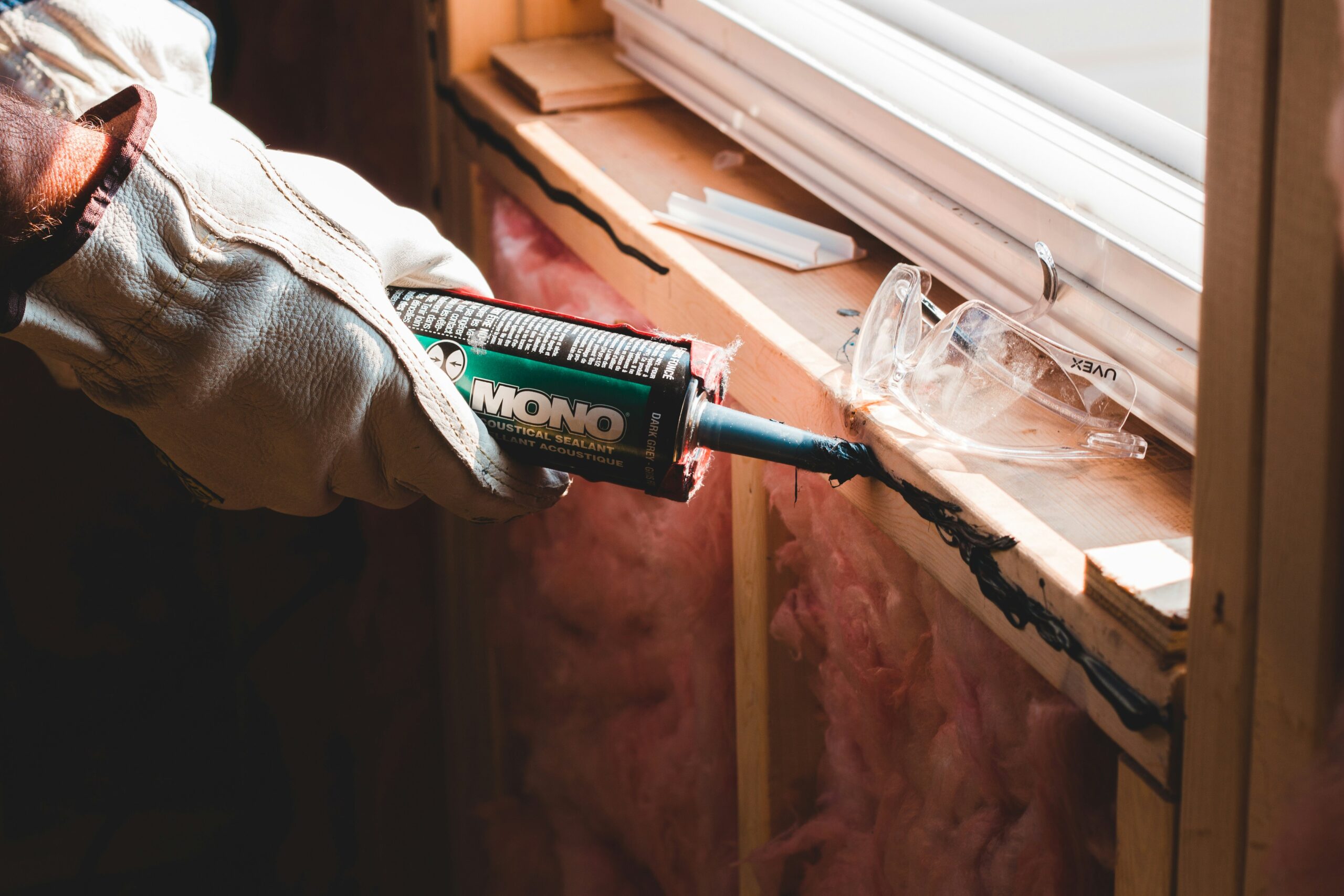When it comes to home improvement projects, selecting the right contractor can make all the difference. Over the years, I’ve learned that rushing this decision can lead to major headaches. I usually spend a few hours, if not days, weighing my options before finalizing who to hire. From reading reviews to comparing estimates, it’s essential to take the time to find the right professional. A skilled contractor ensures high-quality work, adheres to timelines, and helps avoid costly mistakes. Here’s how to find the best contractor for your project and protect your investment.
1. Verify Contractor Credentials
Before hiring, confirm that the contractor is licensed, bonded, and insured. This step ensures that they meet industry standards and protects you from liability in case of accidents or damages.
- Check licensing boards in your state – Many states have online databases where you can verify a contractor’s license status.
- Verify insurance coverage – Ensure they carry both general liability and workers’ compensation insurance. This protects you from being held responsible for injuries that happen on your property.
- Look for industry certifications – A contractor affiliated with organizations like the National Association of the Remodeling Industry (NARI) or Better Business Bureau (BBB) often signals professionalism and reliability.
2. Read and Analyze Customer Reviews
Customer reviews provide valuable insight into a contractor’s reputation and work quality. To assess them effectively:
- Look for patterns in feedback – A single bad review may not indicate poor service, but multiple complaints about missed deadlines or poor workmanship can be a red flag.
- Pay attention to how the contractor responds to negative reviews – Do they take responsibility and offer to resolve issues, or do they blame customers? A contractor who engages professionally with clients online is likely to be more reliable in person.
- Request references – Speaking to past clients can provide firsthand insights into their experience. Ask about project timelines, communication, and whether they would hire the contractor again.
3. Get Multiple Cost Estimates
Request at least three detailed estimates to compare costs and scope of work. A good estimate should include:
- A breakdown of materials, labor, and permits – Transparency prevents hidden fees later in the process.
- Potential extra costs for unforeseen circumstances – If the contractor fails to mention potential overages, you could be caught off guard later.
- Payment schedules and financing options – Some contractors offer financing plans, allowing you to manage large expenses more effectively. Avoid contractors who provide vague or extremely low estimates, as they may cut corners or add hidden fees later.
4. Establish Clear Communication
Strong communication prevents misunderstandings and ensures the project stays on track. When selecting a contractor:
- Discuss your vision and project timeline in detail – A contractor who listens and offers constructive feedback is more likely to deliver your desired outcome.
- Agree on preferred communication methods – Whether it’s weekly in-person meetings, email updates, or phone calls, a mutual understanding keeps everyone accountable.
- Confirm who will be your main point of contact – Larger firms may assign project managers instead of the contractor you initially met, so clarify roles beforehand.
5. Set a Realistic Project Timeline
A reliable contractor should provide a clear schedule, outlining milestones and deadlines. Make sure to:
- Discuss potential delays and contingency plans – Weather, permit approvals, and material shortages can impact progress, so a flexible plan is essential.
- Set expectations for regular progress updates – Regular check-ins help address concerns early before they become bigger issues.
- Ensure permits and inspections are factored into the timeline – Many projects require approval at different stages, and an experienced contractor will plan accordingly.
6. Review the Contract Carefully
Before signing, ensure the contract includes:
- Detailed project scope, payment terms, and warranty information – Ambiguous contracts can lead to disputes later.
- A clear plan for handling disputes or changes – Change orders should be documented to prevent miscommunication.
- A written guarantee on workmanship and materials – Many contractors offer warranties on labor, which can protect you from defects. Never rely on verbal agreements—having everything documented protects both parties.
7. Avoid Common Hiring Pitfalls
To prevent costly mistakes, avoid contractors who:
- Demand full payment upfront – A reasonable deposit is expected, but full prepayment could indicate a scam.
- Have no physical business address or references – If a contractor only provides a phone number and no office or previous clients, consider it a red flag.
- Hesitate to provide written contracts or proof of insurance – This could leave you vulnerable to legal and financial risks. Trust your instincts—if something feels off, consider looking for another contractor.
Leveraging Trusted Resources for Contractor Selection
To further ensure you’re making the best choice, consider consulting authoritative sources like the Better Business Bureau (BBB) (https://www.bbb.org). The BBB offers verified contractor ratings, customer reviews, and dispute resolution services, helping homeowners identify reputable professionals while avoiding potential scams. Checking a contractor’s BBB rating can provide an extra layer of confidence before making your final decision.
Final Thoughts
Choosing the right contractor requires due diligence, but the effort pays off with a smoother renovation and higher-quality results. By verifying credentials, comparing estimates, and establishing clear expectations, you can confidently hire a professional who will bring your home project to life.
Frequently Asked Questions
1. How do I verify a contractor’s license and insurance?
You can check your state’s contractor licensing board website to verify a contractor’s license. Ask the contractor for proof of insurance and ensure they carry both general liability and workers’ compensation coverage.
2. What should be included in a contractor’s estimate?
A contractor’s estimate should include a breakdown of costs for materials, labor, permits, and any additional expenses. It should also specify payment schedules and potential cost overruns.
3. How can I avoid hiring a bad contractor?
To avoid bad contractors, read online reviews, request references, verify licenses, and get everything in writing. Avoid those who demand full payment upfront or refuse to provide written contracts.
4. What is the typical deposit for hiring a contractor?
A reasonable deposit typically ranges from 10% to 30% of the total project cost. Avoid contractors who demand full payment before starting work.
5. How do I handle disputes with a contractor?
Address issues directly with your contractor first. If conflicts persist, refer to the contract’s dispute resolution terms. You can also seek mediation, file complaints with consumer protection agencies, or consult a legal professional.










